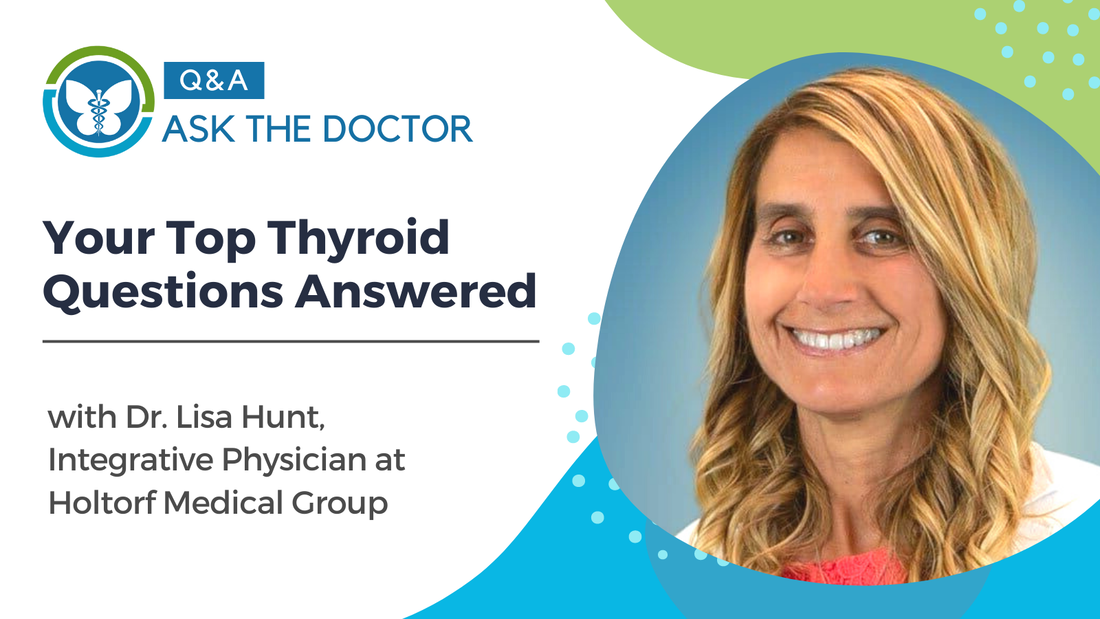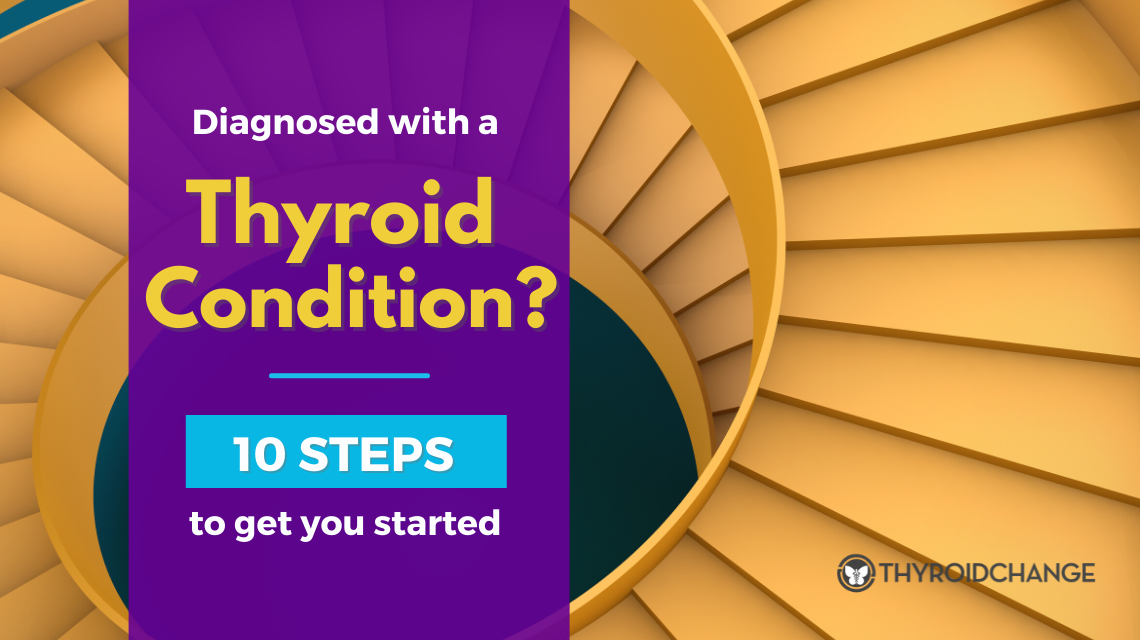14th Jun 2022
New Study Reports Patient Satisfaction of Armour Thyroid Over Levothyroxine-only Therapy

A published study in the Journal of Endocrinology, Diabetes & Obesity reports patient satisfaction of individuals on both Armour Thyroid (desiccated thyroid medication) and levothyroxine (T4-only) medication. The patients were given a course of treatment of both medications and then were asked to rate their preference. The results of the study indicate that the majority of the test subjects preferred desiccated thyroid to levothyroxine. The research was conducted to ensure that a placebo effect was not the cause for preference. The study was conducted without funding from any public, commercial, or not-for-profit agencies and was presented in part at the 83rd Annual Meeting of the American Thyroid Association in 2013.
The research was conducted by endocrinologists Gary M. Pepper, MD and Paul Y. Casanova-Romero, MD. Dr. Pepper recently became acquainted with ThyroidChange and reported his enthusiasm to become a supporter of our cause. He has served as Associate Professor of Medicine at New York University School of Medicine and Director of the Diabetes Treatment Center at Brooklyn Hospital. He has also served as Chief of the Division of Endocrinology for New York Medical College, Bronx, New York. Dr. Pepper’s independent research in thyroid, adrenal and pituitary diseases can be found in top medical journals including the Journal of Clinical Endocrinology and Metabolism.
The following is a summary of the study, Conversion to Armour Thyroid from Levothyroxine Improved Patient Satisfaction in the Treatment of Hypothyroidism
Abstract
The use of Armour Thyroid (desiccated thyroid) in the treatment of hypothyroidism has generated debate among endocrinologists although there is evidence that a significant percentage of patients prefer this medication to T4-only replacement strategies. In this retrospective analysis we investigate the preference for replacement therapy of patients with persistent subjective symptoms of hypothyroidism on T4-only treatment who subsequently switched to Armour Thyroid (AT).
Methods
450 consecutive patients being treated for hypothyroidism were screened. Of these, 154 had been switched from either generic or brand T4 replacement to AT for treatment of persistent symptoms of hypothyroidism. Patients undergoing treatment for thyroid cancer or on suppression therapy for nodular thyroid disease were excluded. Patients were instructed to have their blood sampled for thyroid function testing in the morning after taking their medication. After a minimum of 4 weeks on medication patients were asked to compare AT treatment versus T4-only treatment using a 5 point satisfaction rating scale. Results are reported as mean ± SD.
Results
On a 5 point Satisfaction Rating Scale with “5” indicative of the highest level of satisfaction, 117 (78.0%) patients gave a score of greater than “3” in preference for AT. Three patients treated with AT and one treated with LT4 reported adverse events, all minor. TSH was 1.30 ± 1.9 mIU/L and T3 1.81 ± 0.78 pmol/L on L-T4 monotherapy while TSH was 1.27 ± 2.2 mIU/L and T3 2.31 ± 1.33 pmol/L on AT (NS for TSH and p<0.003 for T3 ). T4 to T3 ratio on L-T4 monotherapy was 8.45 ± 3.7 while it was 4.70 ± 2.0 (p<0.001) on AT. There was no significant change in weight after switching to AT.
Conclusion
AT treatment was preferred over LT4 replacement therapy by 78% of patients with hypothyroidism in the sub-group with persistent subjective complaints while on T4-only therapy. No serious adverse events were noted while on AT treatment including 30 subjects aged 65 yrs or older. AT could be a reasonable alternative choice for treating this sub-group of patients with hypothyroidism.
It is important to acknowledge that every patient is unique. Based on this study and many more, it is apparent that standard treatment methods are not effective for every patient. Thyroid treatment options and dosing are as varied as the individual patient and are dependent on the severity of the imbalance. We need change in our guidelines so that all patients can thrive.
About the Contributor

Denise Roguz is the co-founder of ThyroidChange and is a Hashimoto’s and Lyme disease patient. As an experienced artist and education professional, Denise invests her passions in her advocacy work to inspire other thyroid patients and to advocate for change. Her background in higher education administration, organizational policy, and fine art, Denise brings creative designs and innovative strategies to ThyroidChange. Unite with us and transform your health with access to the latest thyroid care information.
SIMILAR ARTICLES
More like this...

15th Jun 2022
Your Top Thyroid Questions Answered: Q&A with Dr. Lisa Hunt of Holtorf Medical Group
I had the pleasure of speaking with Lisa Hunt, D.O., an integrative physician at Holtorf Medical Group (www.holtorfmed.com) in El Segundo, CA a short while ago. I polled my audience and your top thyroid-related questions are answered here by Dr. Hunt. Dr. Hunt is a board-certified integrative physician and has extensive experience in thyroid health, hormone replacement, immune dysfunction and chronic conditions.
Read Article
15th Jun 2022
Diagnosed With a Thyroid Condition? 10 Steps to Get You Started
Pursuing proper treatment and an overall healthy lifestyle that includes eating well and exercising can help you manage a thyroid condition. But what else can you do to live well with and thrive with your condition? The information can be overwhelming and Annabel Bateman, thyroid health advocate and author, has created this guide to walk you through essential lifestyle tips once you have been diagnosed.
Read Article
15th Jun 2022
11 Tips On How To Take Your Thyroid Medication Properly
Are you taking your thyroid hormone replacement medication correctly? Did you know that how and when you take your thyroid medication can affect your ability to absorb the necessary hormone properly? In the article below, I investigate the factors that contribute to correctly (or incorrectly) taking thyroid replacement hormone and on how thyroid patients can get the most out of their medication.
Read Article